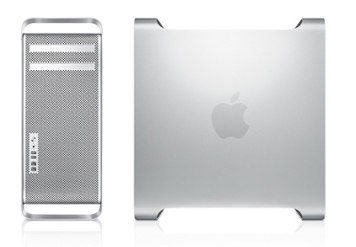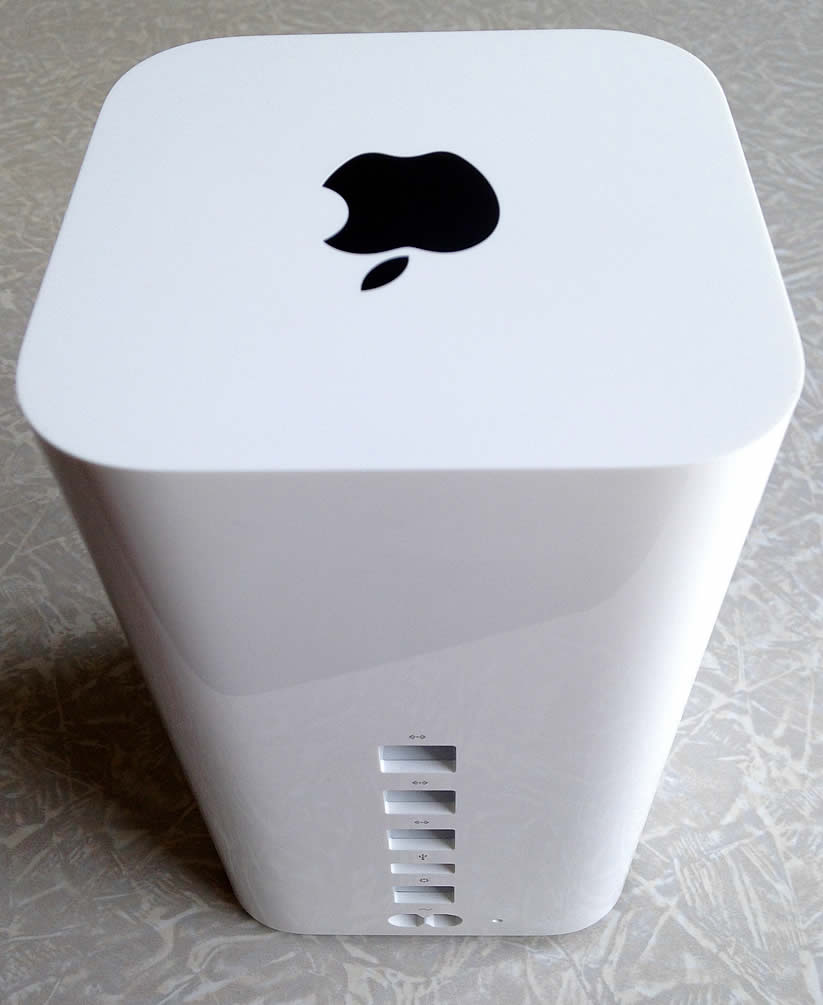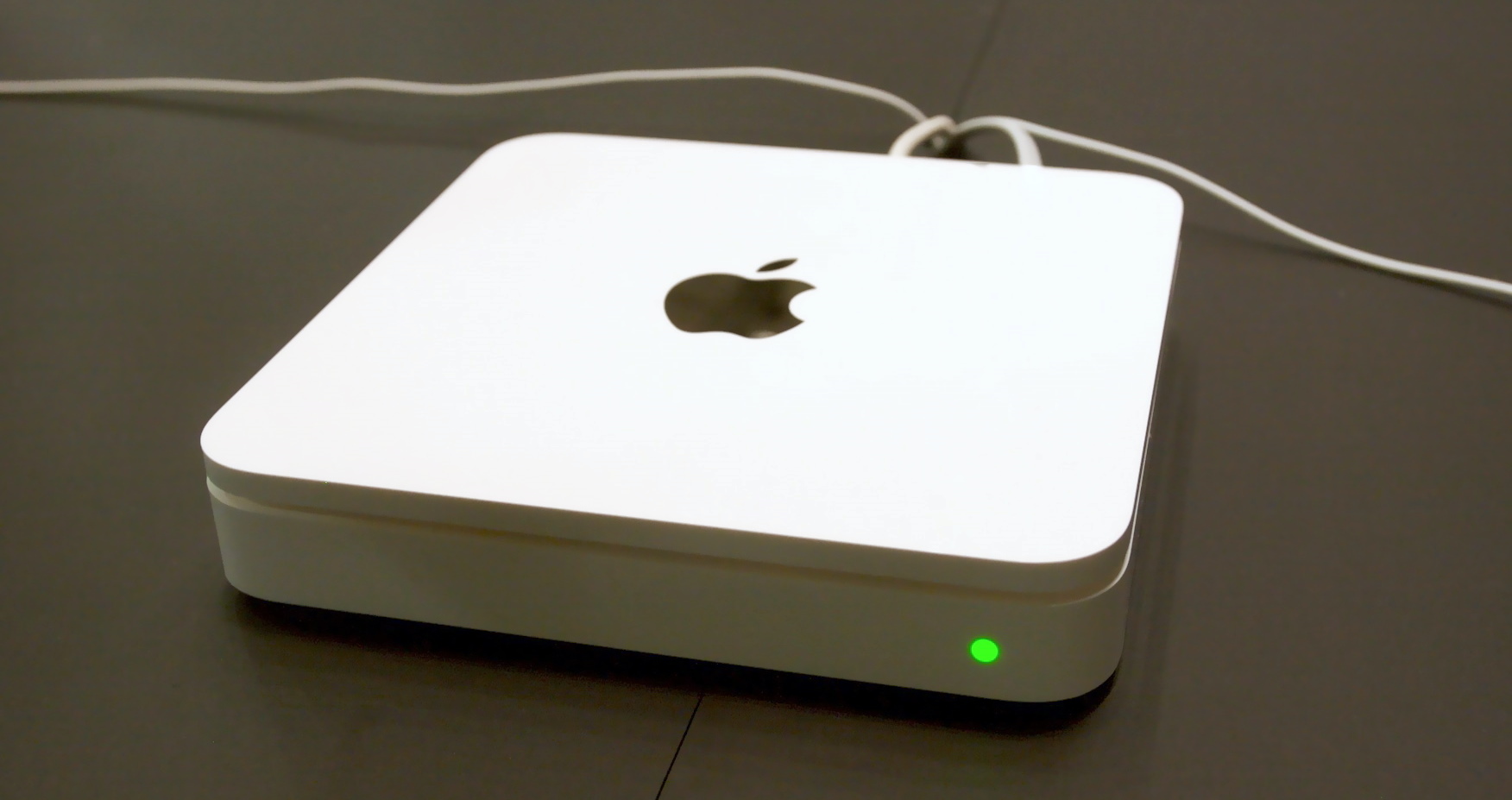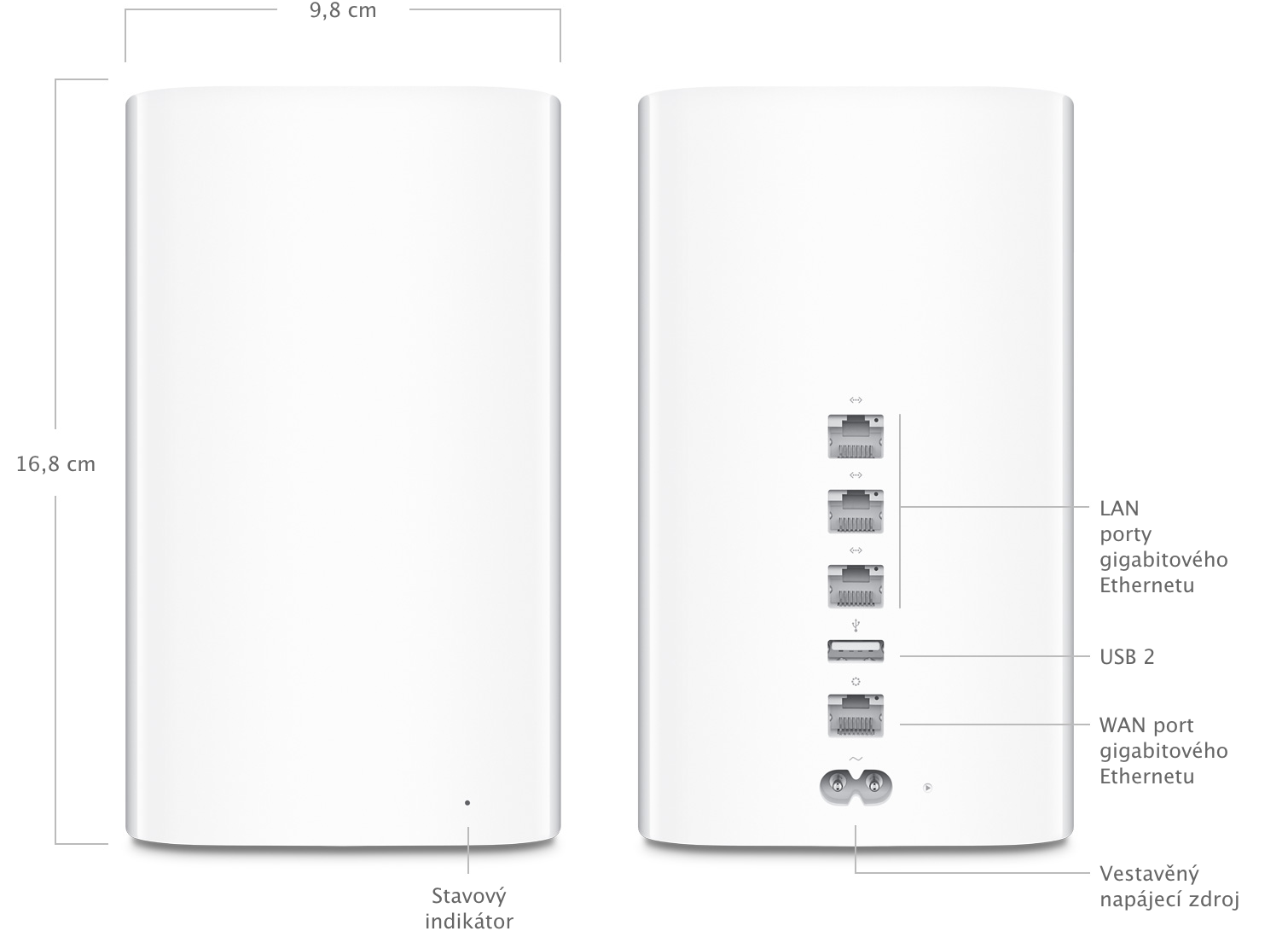Apple's portfolio is far from just computers, tablets and smartphones. Until relatively recently, you could also buy Apple's own routers and other network devices. In today's review of Apple products, we recall a device called the AirPort Time Capsule.
It could be interest you

On January 15, 2008, Apple introduced its wireless router called the AirPort Time Capsule. The sale of this novelty was officially launched on February 29 of the same year, and in addition to the router, the AirPort Time Capsule also served as a network storage device (NAS). Apple referred to this novelty as a version of the AirPort Extreme device with an internal hard drive, while the AirPort Time Capsule was supposed to serve, among other things, as an external backup device, cooperating with the Time Machine backup tool in operating system Mac OS X 10.5. The first generation TimeCapsule was available in 500GB and 1TB HDD variants, had 128MB of RAM and also offered support for the Wi-Fi 802.11 a/b/g/n standard. The device was equipped with four Gigabit Ethernet ports and one USB port, which could be used for the purpose of connecting external peripheral devices for further sharing in the network. In this way, it was possible to connect, for example, external disks or printers to the AirPort Time Capsule.
In early 2009, Apple introduced the AirPort Time Capsule of the second generation with the possibility of creating a separate Wi-Fi network for guests and other novelties. The second-generation Time Capsule was available in 1TB and 2TB variants. In October 2009, the third-generation Time Capsule was introduced, with a reconfiguration of the internal wireless antenna and thus also a 25% increase in the range of the wireless signal. Apple released the fourth generation of its Time Capsule in June 2011, when the range of the Wi-Fi signal was further increased and the internal Wi-Fi card was replaced with a Broadcom BCM4331. Another update in this field occurred in June 2013 with the release of the fifth generation Time Capsule, but in 2018 Apple officially announced that it is leaving the router market.



